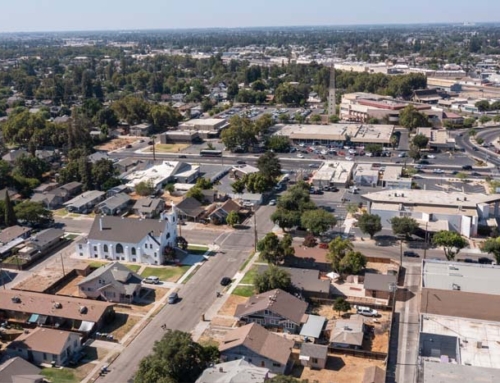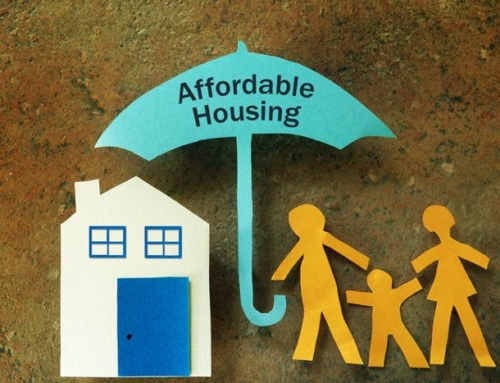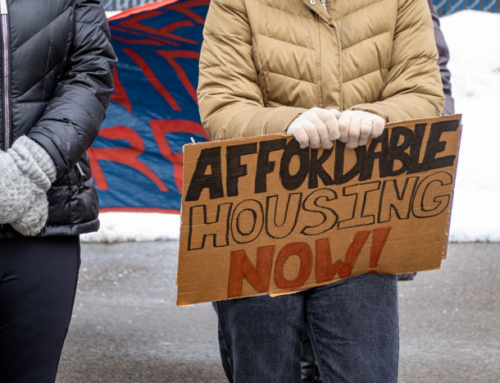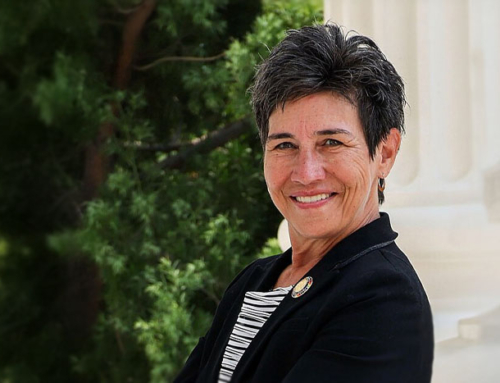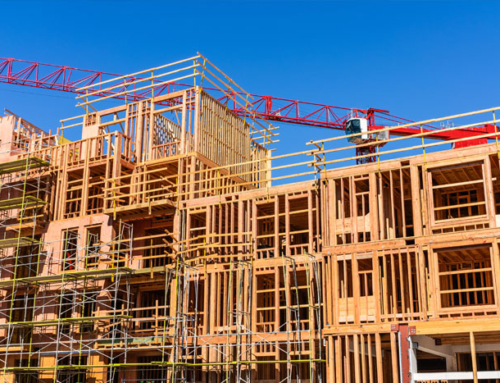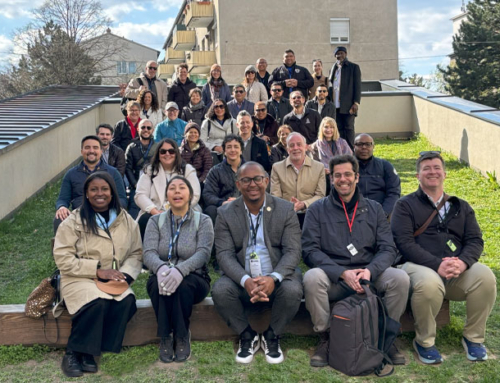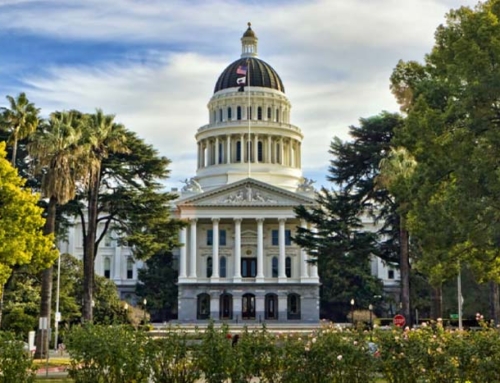In April and May, two regional ballot initiatives from California’s two regional housing finance agencies, the Bay Area Housing Finance Authority (BAHFA) and LA County Affordable Housing Solutions Agency (LACAHSA), are marching towards getting on the November 2024 ballot. The Association of Bay Area Governments (ABAG) Executive Board unanimously approved placing a $20B measure on the November 2024 ballot to fund affordable housing through BAHFA, while LA County’s Measure A initiative, a ½ cent countywide sales tax that would fund homelessness services and LACAHSA programs and initiatives, gathered 410,000 out of the 240,000 signatures required to qualify for the November 2024 ballot. The LA County Board of Supervisors has until August 9 to place the measure on the November ballot.
If approved by voters, 80% of the BAHFA bond funds ($16B) would be distributed directly to the 9 Bay Area counties to fund local affordable housing priorities, while the remaining 20% ($4B) would be used to establish a new regional program to fund affordable housing construction and preservation projects throughout the Bay Area. The ABAG Board additionally directed staff to propose guidelines for implementing labor standards for affordable housing projects funded through the regional program, which would include a prevailing wage requirement. Next, the BAHFA Board is slated to consider approval of the election resolution by July.
Such funding could contribute to the development of the 433 affordable housing projects, comprising 40,896 homes, currently in predevelopment in the Bay Area. According to Enterprise Community Partners’ Bay Area Affordable Housing Pipeline for May, $9.7B in soft subsidy is needed to move this pipeline forward. Most of this pipeline is new construction projects, with 86 developments located in San Francisco City and County.
LA County’s Measure A, if approved, would fund the County’s comprehensive homelessness response system as well as invest in new strategies to address street encampments, prevent homelessness, and create affordable housing. The measure would terminate the existing ¼ cent sales tax that currently funds the homelessness response system and expires in 2027 and replace it with a ½ cent countywide sales tax. If approved, the tax is estimated to generate $1.25B annually, with 35% of the revenues ($438M) going towards LACAHSA operations, programs, and technical assistance and the remainder ($812M) going directly to cities and counties for homelessness services, housing, and accountability measures.
Regional housing agencies promise to facilitate regional collaboration to address housing and homelessness in recognition that these challenges cut across jurisdictional boundaries. They additionally can provide local gap financing to produce, preserve, protect, and promote housing as well as prevent displacement, especially in light of insufficient funding at the state and federal levels.
The LeSar team served as facilitators and strategic process design leads for the process that resulted in the CASA Compact, a 10-point plan to address the Bay Area’s regional housing affordability crisis that ultimately led to the creation of BAHFA in 2019. The LeSar team is also supporting LACAHSA in its early stages of formation. While both regional agencies were formed through individual state bills, SB 440 (Skinner, D-Oakland) – currently in the Assembly – would make it easier for local governments to establish regional housing authorities without new legislation.
© LeSar Holdings/LeSar Development Consultants. All Rights Reserved. Please be advised that any republishing of copyrighted material provided by our organization, in whole or in part, requires prior written authorization. For permission, please reach out to [email protected]. We appreciate your understanding and compliance in upholding copyright laws.




